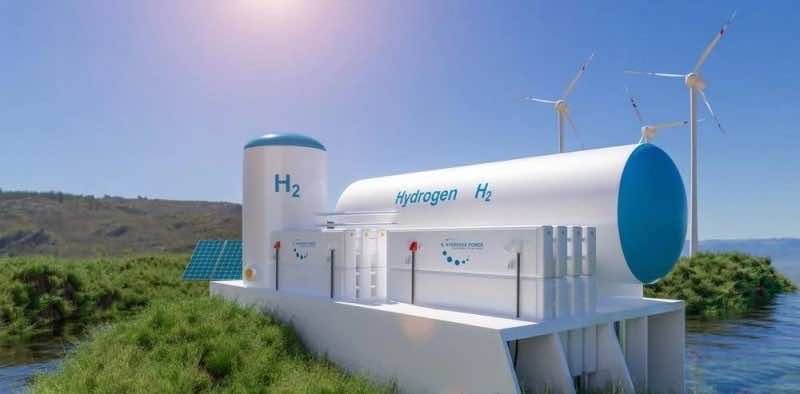Algeria and Germany are discussing plans for Algeria to emerge as a significant supplier of green hydrogen for Europe’s largest economy. Moreover, they aim to enhance pipeline infrastructure to extend access across a broader region of the continent.
The goal is to cover up to 10% of European demand for green hydrogen, similar to the H2Med pipeline project from Spain and Portugal, according to a statement from the Economy Ministry in Berlin, which came during meetings between German and Algerian officials.
Algeria has stepped in to ease some of Europe’s gas woes after Russia curtailed pipeline gas supplies in the aftermath of its war in Ukraine. Italy and Spain have signed deals to boost imports from the North African nation. Germany, which turned off its last nuclear power plants this year, depends on coal and gas to run its power-hungry industry. Hydrogen is seen as the key to cleaning up the sector.
The focus of the talks between Berlin and Algiers will include the conversion and expansion of existing natural gas pipelines via Tunisia, Italy, and Austria to deliver green hydrogen to southern Germany, the ministry said. It gave no timeline.
It’s not just Germany that’s looking for clean energy solutions. Spanish grid operator Enagás is ready to take potential volumes from North Africa in the 2030s, chief executive Arturo Gonzalo Aizpiri told Bloomberg News last week.
The industrial area near the Strait of Gibraltar will be connected to the pipeline network in the second phase of the country’s hydrogen planning up to 2040. The design leaves spare capacity for additional volumes, and if the demand for capacity matures earlier than expected, “that could even happen before.”
While green hydrogen is tipped by the European Union as key to decarbonising industries such as refining and fertilisers, its global market is currently tiny as it’s more expensive than its widely used “grey” version made with fossil fuels.
Europe anticipates Germany to hold the position of the largest hydrogen importer, with nearly 70% of its clean gas sourced from overseas by the decade’s close. Germany has unveiled a preliminary hydrogen network and intends to expedite the growth of this infrastructure.

